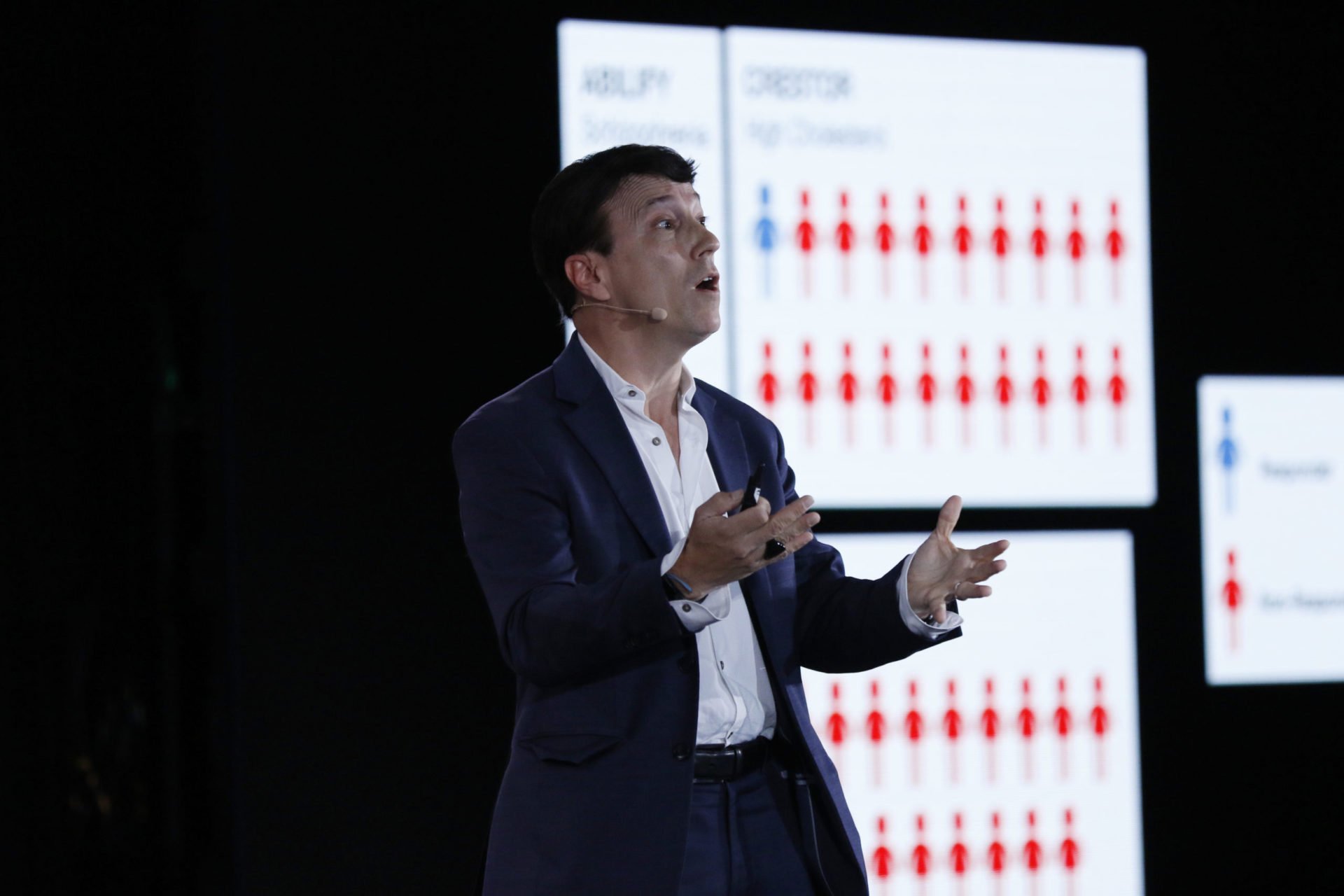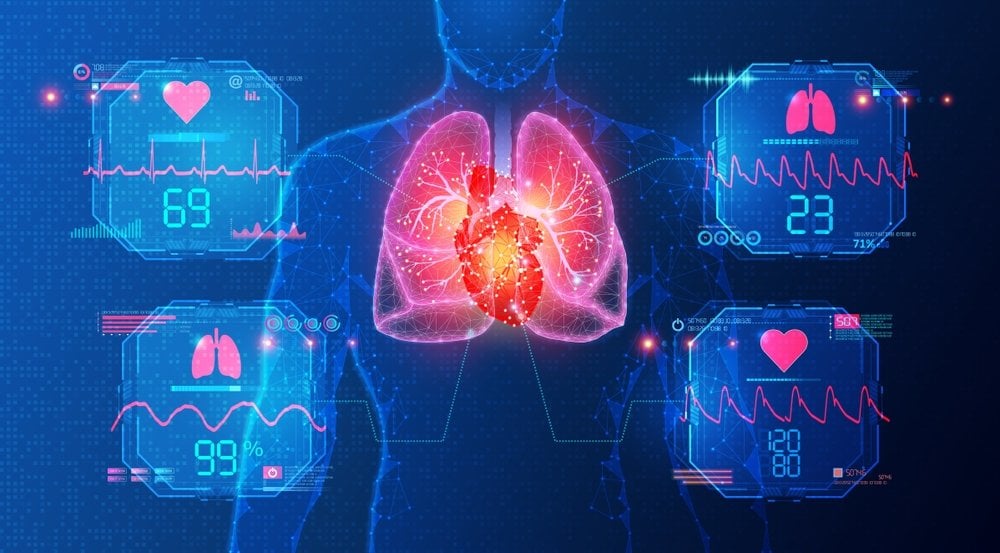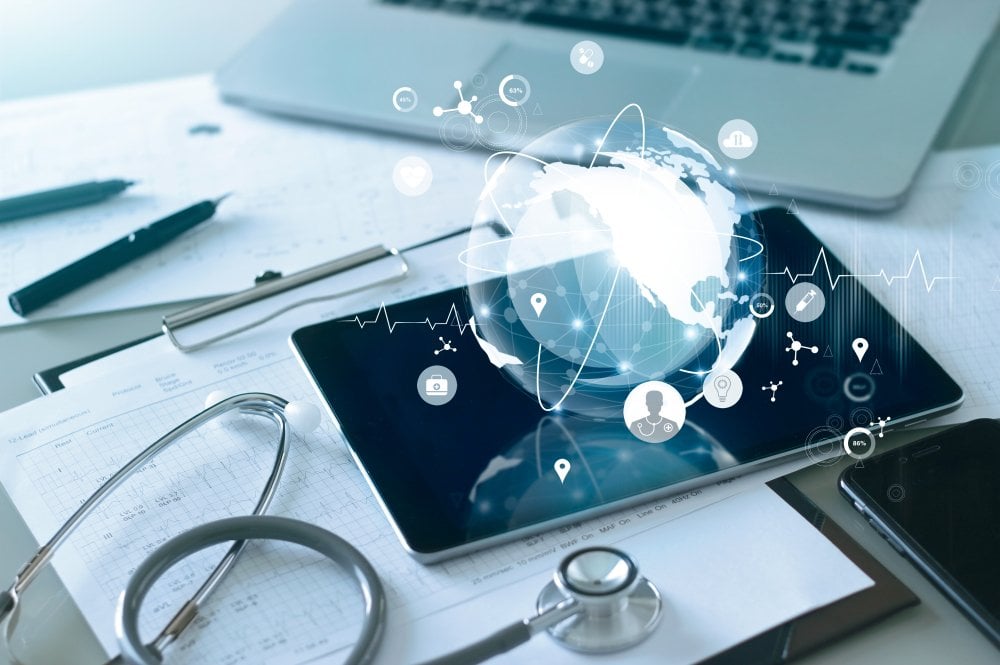In a wide-ranging look at how exponential technologies could change the face of healthcare, Daniel Kraft, Faculty Chair of Medicine and Neuroscience at Singularity University, told Techonomy 2018 attendees Sunday that wearables, 3D printing, and other advances will make medicine more effective and personalized in the coming years.
The same exponential patterns that have dramatically changed cell phones are set to do the same for healthcare, he said. Falling costs and converging technologies will make it possible to address what Kraft calls the “grand challenges” in healthcare, including high costs, a rapidly aging population, and a shortage of medical professionals. He sees medicine shifting away from the current sporadic, reactive model — what he refers to as the “sick-care” system that only kicks in once a patient has gotten ill — and toward a model of early diagnosis, continuous monitoring, and proactive intervention.
Kraft pointed to the development of early diagnostics and more personalized therapies as two promising approaches; he also sees ideas such as crowdsourcing and artificial intelligence becoming important.
In his talk, Kraft offered some examples of how this new healthcare model could work. Building on the idea of polypills, or single capsules that deliver multiple drugs, he presented the idea of personalized pills that could be “printed” for an individual consumer as often as every day. This would allow for fine-tuning dosing and drug combinations, and potentially improve adherence rates by giving people just one pill to take each day even if they have several drug prescriptions. Drug adherence is a major problem in modern healthcare and, Kraft noted, it is only complicated by how many prescriptions are written each year: 4.5 billion in the U.S. alone, or “15 for every man, woman, and child,” he said.
Wearables also captured Kraft’s attention. He foresees the regular sharing of information consumers collect via smart watches and other wearables with their doctors for improved health monitoring. Continuous blood pressure monitoring, for example, could allow doctors to intervene long before hypertension evolves into severe complications. EKG patches would provide easier, more reliable ways to check heart activity. Streaming such data directly to doctors could help them optimize each patient’s medication and care.
Ultimately, all of these advances should lead to greater access to quality healthcare for all patients, Kraft suggested. Digital health tools will let community health workers keep track of patients in remote areas, while patients who already have access to healthcare facilities would benefit from treatment plans and therapies that are custom-tailored to them.
Watch Kraft’s talk:
Daniel Kraft: ‘Sick-Care’ Could Finally Become Healthcare
In a wide-ranging look at how exponential technologies could change the face of healthcare, Daniel Kraft, faculty chair of medicine and neuroscience at Singularity University, told Techonomy 2018 attendees Sunday that personalized medicine is on our doorstep, from wearables to "printed" medications.

















